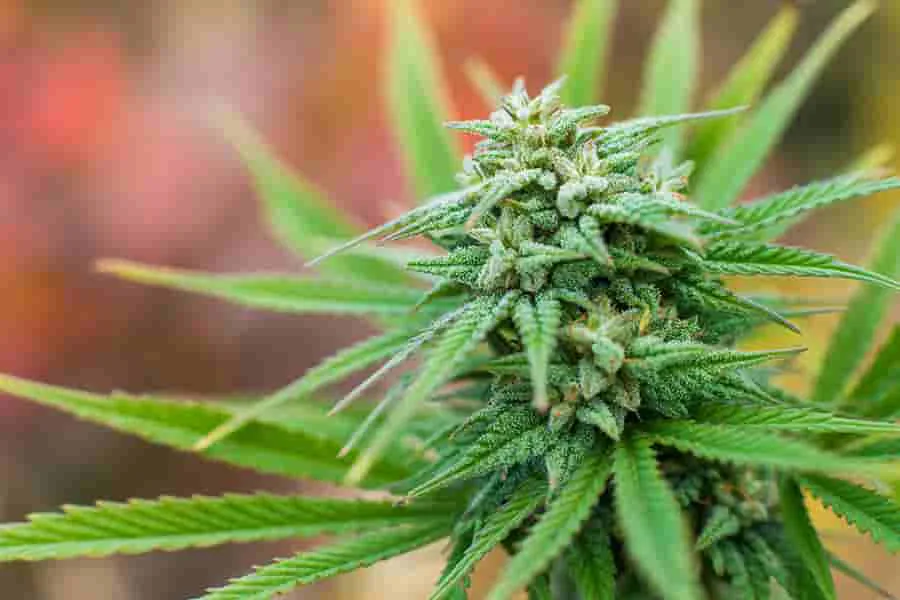Robert L. DuPont, Jr, MD, made the term “gateway drug” famous in his book Getting Tough on Gateway Drugs: a Guide for the Family.
DuPont observed that youths at his clinic often engaged in alcohol and tobacco use before proceeding on to marijuana use. He thought that psychological barriers prevented the use of hard drugs and that once a person started frequently using certain soft drugs, they would move on to using marijuana and eventually progress to other illicit drugs as well.
This book started the conversation about soft (or legal) drugs leading to the use of illegal and controlled substances, and led to what we now call the “gateway drug hypothesis.” While it seems reasonable to accept that illegal drug use is preceded by the use of less dangerous, easily accessible drugs, the reasoning behind why a person decides to use another drug is not well understood. This is potentially the reason why the gateway drug hypothesis has never progressed to the elevated status of a scientific theory.
Which Drugs Are Gateway Drugs?
Many people are inclined to call marijuana a gateway drug. The gateway hypothesis has been used to demonize marijuana when technically alcohol and tobacco are the real culprits here, as their use typically precedes that of marijuana.
Is the Gateway Drug Hypothesis Valid?
Following DuPont’s original ideas about gateway drugs, the hypothesis morphed into another concept: gateway drugs are those that change neurological responses and make the use of other illegal drugs more pleasurable. This neuroplastic reward response is thought to be the driving force behind obtaining other illicit substances.
Animal research supports this neurological change theory. Mouse models have shown that nicotine triggers a dopamine response, which increases the sense of pleasure felt during drug use; some mouse studies also suggest that these dopaminergic effects are greater in adolescent mice than in adults. There are additional studies indicating that exposure to nicotine enhances responses to cocaine and encourages increased alcohol intake. However, all of this research is considered pre-clinical. Few studies have been conducted in humans evaluating nicotine’s effect on later drug use.
Most of the studies in humans have been association studies. In one report, school kids who used alcohol later on in life used more licit and illicit drugs than other groups of kids. Also, the 1994-B National Household Survey on Drug Abuse suggested that cigarette smokers were more likely to use cocaine, heroin, crack, and marijuana. There is no evidence that nicotine exposure increases the pleasure felt when humans take other drugs.
Despite the lack of concrete evidence regarding gateway drugs, it is clear from countless hospital reports that individuals consume alcohol in combination with illegal drugs and that these combinations can sometimes be deadly. Smoking in combination with other drugs is commonplace, so research should be conducted to understand the risks and effects. Do these studies really explain why a person progresses from alcohol and/or tobacco to illegal drugs?
What Else Might Explain Progression to Illicit Drug Use?
Truth is, the gateway drug hypothesis can never explain why people decide to use drugs because it can only explain one factor in a complex issue. A person’s biochemical response to drugs does not necessarily dictate that person’s actions. For instance, some people are adventurous and like to try new things, and some are risk takers and enjoy challenging situations.
Other factors, such as social environment and social pressure, are known to be major influences on drug use. For instance, frequent relocation was a societal factor found to be associated with drug use. Sex (female) and age (teenage) are also risk factors correlating with illegal drug use. Is this because the biochemical signaling is different in these groups? Or are females and teenagers more frequently exposed to environmental or social pressures that lead to illegal drug use?
Should We Toss the Gateway Drug Discussion?
The idea that pre-exposure to drugs enhances the effect when taking other drugs is an important area of research that should continue to be a focus. However, the gateway drug hypothesis can never explain (by itself) illicit drug use.
Sources:
http://www.tandfonline.com/doi/full/10.3109/10826084.2015.1007679
http://www.ncbi.nlm.nih.gov/pubmed/24489831 , http://www.ncbi.nlm.nih.gov/pubmed/22049069 nicotine modifies response to cocaine, mouse model
http://www.ncbi.nlm.nih.gov/pubmed/22712674 alcohol is the gateway drug, study in 12- graders
http://www.ncbi.nlm.nih.gov/pubmed/11110061 cigarette smokers more likely to use cocaine, heroin, crack, marijuana
http://www.ncbi.nlm.nih.gov/pubmed/17994476 frequent moving, female sex, and age (teenagers) are risk factors for gateway drug use. (cigarettes and marijuana)


